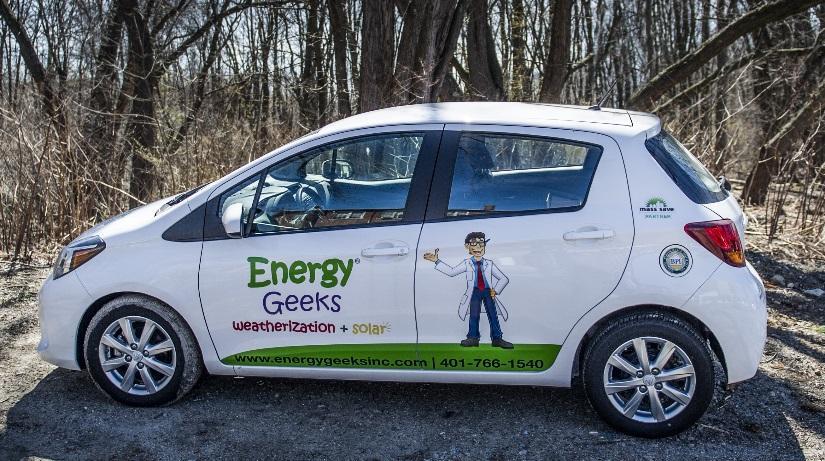
Why is duct leakage testing required?
Because of the desire in this country to build homes that are more energy efficient.
When is a duct leakage testing required?
The current rules in Rhode Island roughly state that before a governing authority can issue a certificate of occupancy, duct leakage testing shall be required whenever any amount of ductwork is located outside the thermal barrier (insulation boundary). Outside the thermal barrier may include spaces such as unfinished basements, crawlspaces and attics. In contrast the rules also state that in homes where all ductwork is located within the thermal barrier, a duct leakage test shall not be required. The reasoning behind the latter rule may be as follows; if all ductwork is located within the thermal barrier, any leakage would remain within the thermal barrier, thus no energy efficiency lost.
What is considered a passing grade for duct leakage testing?
The measure for a passing grade is an 8 or below. This number is a derivative of cfm (cubic feet per minute) of air lost per square foot of living space.
What if my system fails?
If a system fails duct leakage testing, repairs to ductwork located outside the thermal barrier only will be needed. Most repairs can be remedied by a process called duct sealing, where joints, connections and other areas are sealed in mastic. Repairs to ductwork, even outside the thermal barrier can be difficult to implement in a finished home.
Bottom line, no one wants to find out at the eleventh hour that their system is considered too leaky and therefore a certificate of occupancy cannot be issued. We suggest that the best way to avoid this situation is to have a duct leakage test performed during the rough-in, when all ducts are exposed and repairs are relatively easy. This is similar to how a plumber pressurizers his lines to test for leaks before insulation and wallboard are hung.
Be advised, leaky ductwork may effect HVAC system performance and energy efficiency. This is why a duct leakage test is a good idea whether it is required or not.

